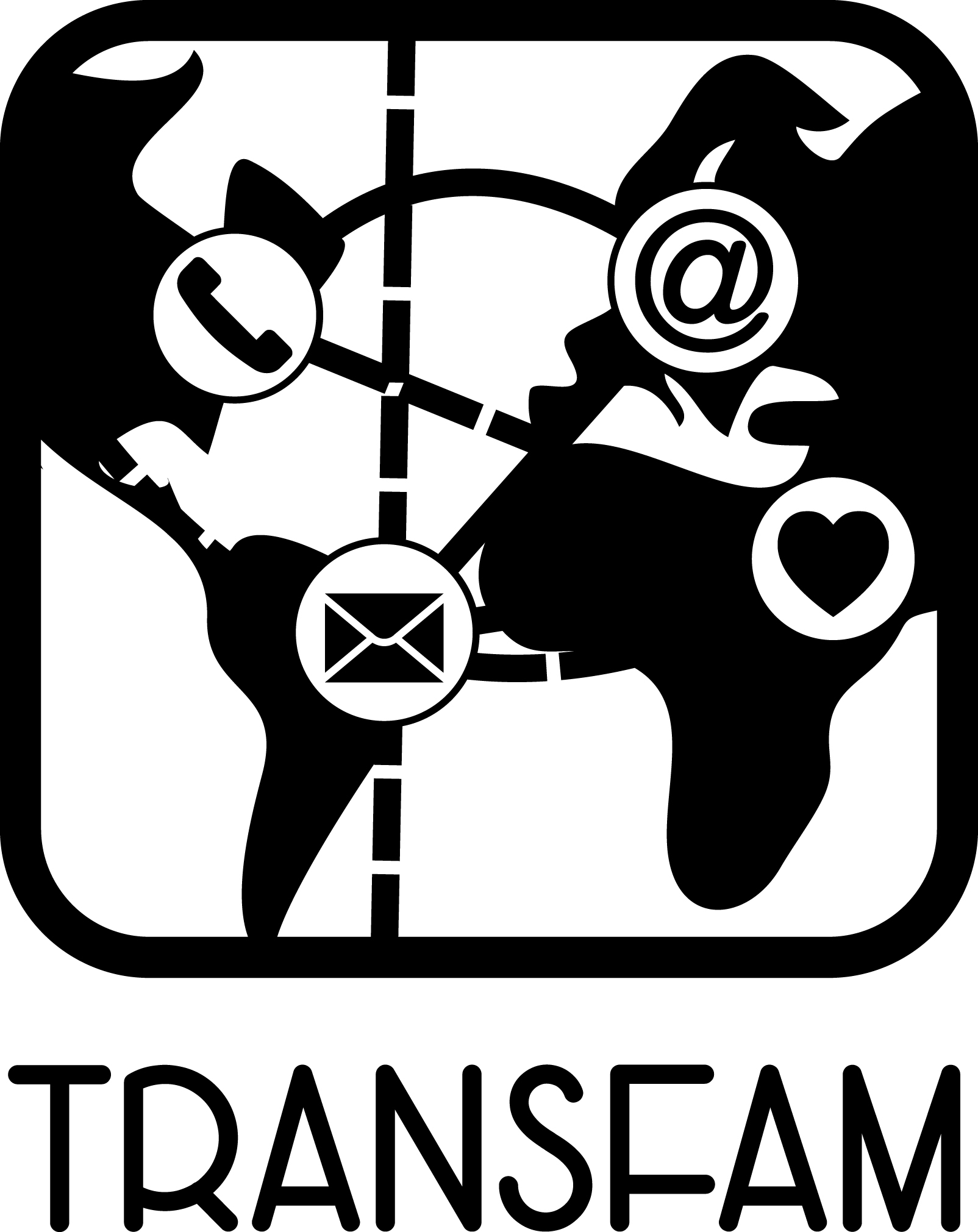
"The transnational Family" - Horizon 2020 projects : portal, Issue 2, April 2014
Dr Laura Merla of the Catholic University of Louvain outlines the TRANSFAM research program, which investigates theorical and empirical knowledge on the inter-relationship between geographic distance, care practises and family relations
Banner on the ‘society and culture’ page - H2020 projects website

http://horizon2020projects.com/societal-challenges/society-culture/
‘Transnational family networks: caregiving arrangements in migrant families’ - Parliament Magazine, Issue 382, 20/01/2014 - page 50.
With globalization and the acceleration of migratory flows, an increasing number of people experience family life across geographical borders. Affordable travel and new communication technologies have led to the development of transnational families, that is, families with members who live in different countries and continue to care for, and about each other across distance. Today, migrants exchange financial, practical and emotional support with their distant children, siblings, and aging parents, sometimes on a daily basis. Articulating local working lives and transnational family obligations is a major challenge for these families. The TRANSFAM research program developed by CIRFASE, the Interdisciplinary Research Centre on Families and Sexualities located at the Catholic University of Louvain (UCL, Belgium) aims at better understanding this social phenomenon, and identify key obstacles to the maintenance of transnational family solidarity.
Download article here
ICT is one of the main channels through which migrants are able to provide and receive emotional and practical support to and from their distant relatives
Interview published on the Global Research Forum on Diaspora and Transnationalism, 18/12/2013
http://www.grfdt.com/InterviewDetails.aspx?TabId=24

